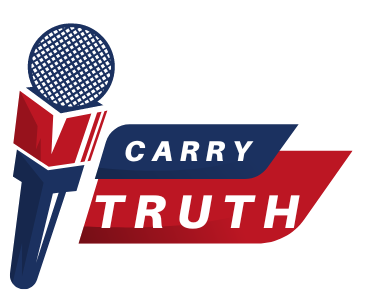Amazon Faces Monopoly Lawsuit: What You Need to Know
Introduction:
In a landmark case, the United States government, along with 17 states, has filed a groundbreaking lawsuit against Amazon, alleging monopolistic practices that have harmed fair competition. This lawsuit reflects years of allegations that the e-commerce giant has leveraged its economic dominance to stifle competition and promote its own platform and services. In this article, we delve into the details of the lawsuit, the allegations against Amazon, and the potential implications for the tech giant and the broader e-commerce industry.
The States Involved:
Seventeen states, including Connecticut, Delaware, Maine, Maryland, Massachusetts, Michigan, Minnesota, New Jersey, New Hampshire, New Mexico, Nevada, New York, Oklahoma, Oregon, Pennsylvania, Rhode Island, and Wisconsin, have joined the U.S. government in this legal action. Their collective effort underscores the gravity of the allegations against Amazon and the widespread concern over its market practices.
The Allegations:
At the heart of the lawsuit are allegations that Amazon has unfairly promoted its own platform and services to the detriment of third-party sellers who rely on the company’s e-commerce marketplace for distribution. The Federal Trade Commission (FTC) contends that Amazon has engaged in anticompetitive behavior in multiple ways:
- Forcing Sellers to Use Amazon’s Logistics Services: Amazon allegedly requires sellers on its platform to purchase its in-house logistics services to secure benefits such as “Prime” eligibility. This practice effectively creates a barrier for third-party sellers and limits their ability to compete on a level playing field.
- Price Restrictions: Amazon is accused of anticompetitively compelling sellers to list their products on its platform at the lowest prices available anywhere on the web. This prevents sellers from offering their products at competitive prices on other e-commerce platforms.
- Biased Search Results: The FTC alleges that Amazon gives preferential treatment to its own products in marketplace search results, unfairly disadvantaging third-party sellers who offer similar products.
The Impact on Competition:
Because of Amazon’s overwhelming dominance in the e-commerce sector, sellers often find themselves with limited alternatives. They are compelled to accept Amazon’s terms and conditions, leading to higher prices for consumers and a diminished shopping experience. This anticompetitive behavior not only stifles innovation but also restricts consumer choice, a core principle of fair competition.
Amazon’s Response:
Amazon, in response to the lawsuit, contends that the FTC’s focus has strayed from protecting consumers and competition. The company argues that its practices have fostered competition, innovation, and greater selection in the retail industry. Amazon’s Senior Vice President of Global Public Policy and General Counsel, David Zapolsky, asserts that the FTC’s lawsuit is “wrong on the facts and the law.”
The Broader Implications:
This lawsuit against Amazon is part of a broader global trend of increased scrutiny and regulatory action against Big Tech companies. Amazon now joins the ranks of Google and Meta (formerly Facebook) as tech giants facing allegations of violating federal antitrust laws. The outcome of this legal battle could have far-reaching implications for the e-commerce industry and the tech sector as a whole.
Conclusion:
The lawsuit against Amazon represents a significant escalation in the ongoing debate over Big Tech’s market dominance and its impact on competition. As the case unfolds, it will shed light on the extent to which tech giants can wield their power and influence. Regardless of the outcome, this legal action underscores the growing imperative for robust regulatory oversight to ensure fair competition in the digital age.

























+ There are no comments
Add yours